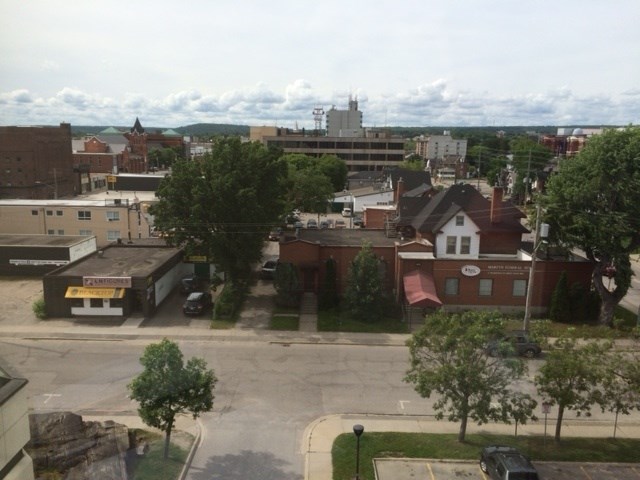A new report from the Fraser Institute shows North Bay has one of the highest property tax rates in Ontario, ranking 13th out of 33 major communities, and better than only Timmins (12th) in northern Ontario.
We pay more than Thunder Bay (16th), Barrie (21st), Sudbury (30th) or the Soo (31st).
The basis for comparison is a detached three-bedroom single-storey home with 1.5 bathrooms and one-car garage with a total house area of approximately 1,200 square feet on a lot approximately 5,500 square feet.
The report warns, "Across Ontario, municipalities are beginning budget planning season and the average municipal ratepayer is well-advised to keep an eye on their local councils." North Bay council is presently working on the 2017 budget.
Perhaps more importantly, the growth rate of these property taxes over the last decade for North Bay almost tops the charts.
The Gateway City ranks third out of 33 communities for average annual growth rate of residential property taxes.
North Bay has averaged over five per cent over the years 2005 to 2015 according to the report.
"The even more disturbing part is that this growing property tax burden does not even include the rising burden of municipal water and sewer/wastewater charges, which have also grown at a faster annual rate than residential property taxes since 2005," says the report.
But North Bay deputy mayor and budget chief Sheldon Forgette questions the report.
"I just don't know where they are pulling their numbers from and they're not accurate," he told BayToday. "Our average over the last three years is 1.7 per cent."
Forgette says the target this year is the Ontario rate of inflation. "That's been anywhere between 1.5 and 2.5. Right now we're sitting at a little less than two."
The deputy mayor is optimistic that target will be met.
"We're trying to keep city operations in line with inflation so I don't want to be increasing the budget if I don't have to, so it's a matter of analyzing what the costs are next year.'
Forgette doesn't anticipate any layoffs in trying to meet that target.
The top 10 growth rates in residential property taxes are dominated by northern Ontario communities—five out of the top 10.
The work was conducted by Livio Di Matteo, a professor of economics at Lakehead University in Thunder Bay.
“To put this revenue growth in perspective, over the same period, Ontario’s population grew at an average annual rate of 1.1 per cent while real GDP only grew on average at about 1.5 per cent, meaning that real per capita GDP expanded at barely half of one per cent annually,” Di Matteo writes. “Of the 33 communities presented in these charts, all save one have seen their residential property taxes grow faster than provincial real per capita GDP.
“Over the last 10 years, residential property taxes and water charges at the municipal level in Ontario have on average both grown faster than real per capita income,” Di Matteo writes. “Municipal ratepayers in Ontario should be wary of local governments claiming they need more.”


.jpg;w=120;h=80;mode=crop)
